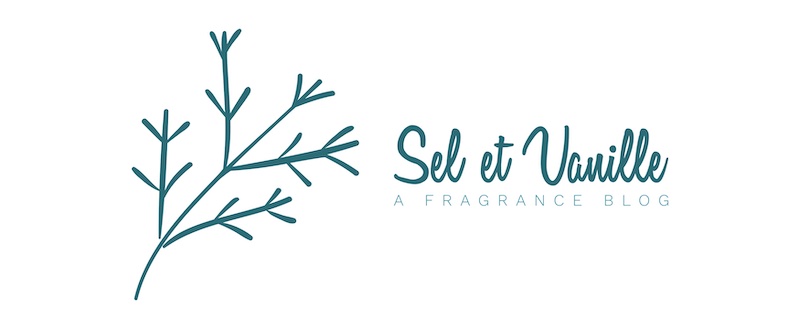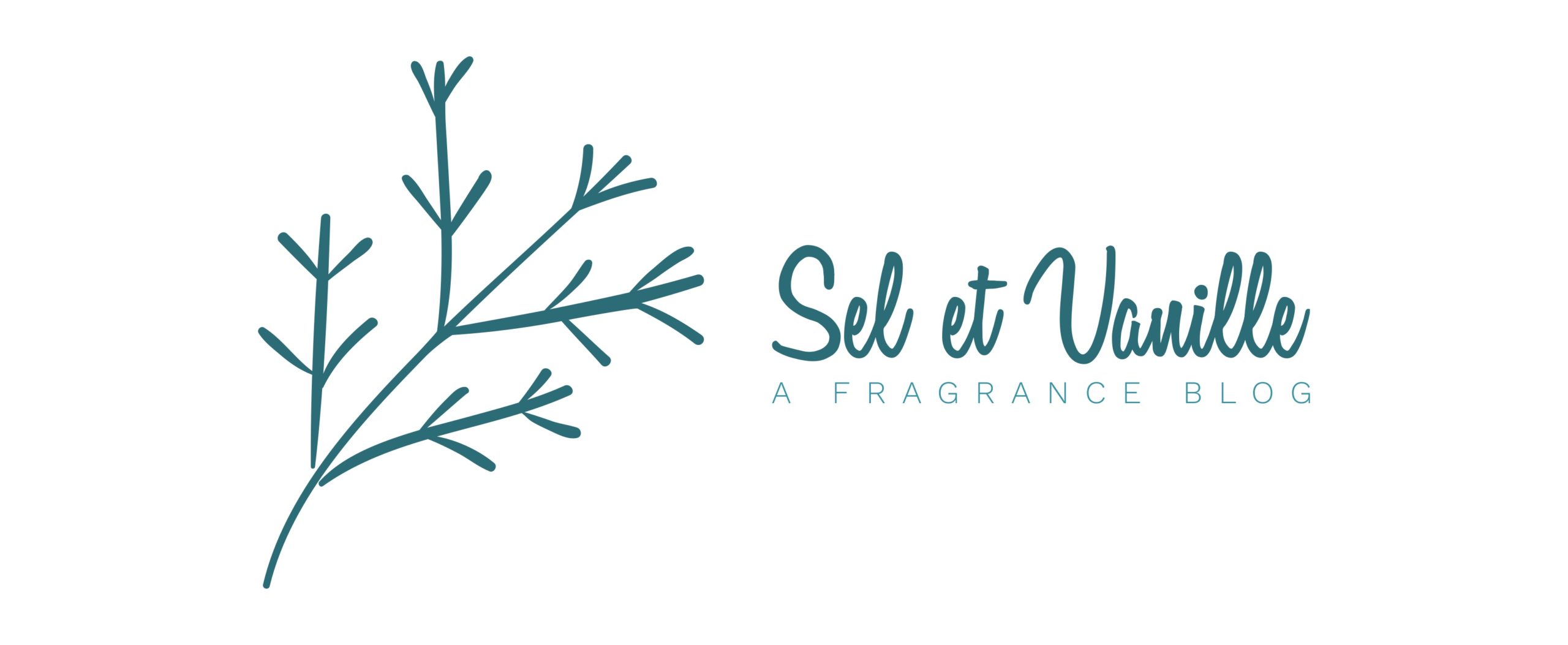| You spray in the morning, head out the door, and by the time you get your cuppa, your precious perfume is gone. Some people choose to reapply. Or the next day, go pffff pffff. And the next, pfff pfff pffffffff. And before you know it, you are spraying 5, 6, or 7 sprays from your expensive bottle. Frustratingly, you still don’t get to enjoy the fragrance. Or maybe you have a colleague who slowly increased the number of sprays to public hazard levels. I’ll explain what is happening, why the advice you may read on the internet makes matters worse, and how to make it last a whole lot longer without choking people around. |
It is not the perfume that doesn’t last (most of the time)
Rather, it is caused by your ability to smell it. Olfaction is a very primal sense that plays a vital role in our functioning as a species.
Did you know that a sibling’s smell is less attractive to people? We find a genetically “good” partner thanks to our smell. It helps us avoid dangerous foods. A pregnant woman will have heightened sense of smell due to changes in hormones, which protect her from ingesting anything harmful to the fetus. Women smell more attractive when they are fertile. Our babies can tell their parent by their scent. Infants can detect a lactating human nearby. Our sense of smell accounts for 95% of what we perceive as a flavour and therefore is essential in helping us recognize safe foods. We can even “smell” emotions.
Sensing things around us – smoke, decay, ozone, or rot – has to happen fast. Before we eat the poison or suffocate. How does that happen without keeping us in constant sensory overload?

Our noses are designed to keep us safe
Our cognition helps us notice differences. If any smell is around constantly, our brains tune it out. Just like when you cook, and a little later someone comes home and instantly recognizes the smell, while to you, the air smells just normal. But walk away and back in, and you will also notice it.
It is olfactory fatigue, a term commonly used in the perfumery industry. Or sensory adaptation, as known in cognitive science. If something is always present, it isn’t important to your survival to be aware of it. New inputs take priority.
What happens when you overspray perfume?
Olfactory fatigue is the reason behind the fact that reapplying a fragrance isn’t going to fix its lasting power. Neither will an extra spray. Or three. On the contrary. It pretty much ensures your nose is exposed to the smell nonstop, making your fragrance disappear even faster. The only way to avoid this from happening is not being under constant olfactory attack. Don’t apply near your face. Don’t apply too much. And give your nose breaks. You can read more about how to make your nose more sensitive to your fragrance here.
To answer your question on how to make perfume last all day, you need both factors:
- Avoid olfactory fatigue/sensory adaptation
- Make the perfume objectively detectable for a longer time
The pulse points myth
You may have googled why you don’t smell your fragrance anymore. You read all of the “A million tips for making your perfume last longer” garbage. And pretty much everywhere, you’ll learn that “you need to spray your pulse points because the heat of your skin makes your perfume radiate and last longer.”
Perfume “influencers,” beauty and lifestyle journalists (Allure, Cosmopolitan,…), beauty retailers, and dang, even the fragrance brands themselves repeat it.
These are the three (inaccurate) arguments commonly repeated:
- Pulse points on your body emanate more heat (… sometimes combined with the claim that this actually causes perfume to last longer).
- Pulse points make perfume radiate more because they “move” the most and spread the fume into the air.
- Fragrance applied to pulse points lasts longer.
It’s a nice tradition. It sounds romantic. But that is it. The whole industry keeps repeating it out of habit. If a consumer knows what to do with a product and does it without batting an eye, that is precisely what you need as a manufacturer. There is no need to change it as long as it is an ingrained habit that empties bottles.
Let’s apply some science to the pulse point claims
Did you hear the old school joke that if you smell the bathroom after your father used it, it is because the actual bits of it are physically in your nose? Yup. That is how fragrances work, too. Smelling something means that aroma molecules travel to your nose – that means they have the ability to get into the air and reach our noses, where they lock into receptors in our olfactory systems. They are quite literally touching our brains – its olfactory bulb, to be more precise.
What is volatility?
How exactly do aroma molecules reach your nose? They have an important feature to them – volatility. That describes how fast the fragrance dissipates into the air and eventually reaches our brains. Most fragrances use alcohol as a solvent, which has a low boiling point and is very volatile – it helps carry the aroma molecules into the air, where our noses smell them. Different materials (and their combinations) render different effects. Top notes diminish fastest (citruses being notorious for hitting your nose fast but not lasting very long), middle notes take the middle ground, and base notes last and last. Think of musks. The reason they are used as laundry scents is precisely their lasting power and the fact that they don’t readily rinse off with water.
Heat makes your fragrance evaporate faster, not slower
What speeds up evaporation? Heat. It shortens your perfume’s life span by increasing volatility. It helps the perfume dispense into the air.
What are pulse points?
Quite simply, they are places on your body where arteries come close to the skin’s surface, and you can feel the heartbeat by placing your fingers over them and lightly pressing them. They are used by nursing and medical staff to assess your cardiovascular state.
“When the heart pushes blood into the aorta, the blood’s impact on the elastic walls creates a pressure wave that continues along the arteries. This impact is the pulse. All arteries have a pulse, but it is most easily felt at points where the vessel approaches the surface of the body,” says Britannica.
Where are pulse points located?
There is some discrepancy between the suggested perfume application sites and where the arterial pulse is found on the body.
The most common and easiest to feel is on the side of your neck, the cartoid artery (it is a very thick artery that supplies your brain and is relatively close to the heart and close to the skin). Another commonly used one is the radial artery (on your inner wrists). Others are maxillary artery (facial artery where it crosses the side of your lower jaw), temporal artery (temples, to the side of the eye), brachial artery (inner part of the biceps), femoral artery (groin area), popliteal artery (behind the knees), dorsalis pedis artery (top of the foot’s arch), posterior tibial artery (inner back side of the ankle).
Are pulse points hotter than the rest of your body?
No, they are not. While our bodies aren’t the same temperature everywhere, the difference is no larger than 1 to 1.5 degree Celsius. It is simply not enough to make the speed at which a fragrance dissipates much different. Besides, it isn’t the pulse points that are the hottest areas of our bodies. The human body is a lot more complex machine than construction with “hot” pipes and “cold” pipes. The temperature differences change throughout the day and largely depend on our emotional state, where our clothes, and our activities during the day. Also, arteries don’t really regulate skin temperature. Seriously, did you ever have hot flushes on your wrists? It is the small blood vessels in our skin that are capable of causing the “flush” effect. The small blood vessels play a key role in regulating surface body temperature.
Do pulse points “move” more than the rest of the body to radiate the perfume?
Just look at your wrists – is anything visibly moving? I hope it isn’t. If you want to target areas that move around more to give you a bit of a scent trail, pick things that get more airflow, are good at holding fragrance, and are further away from the center of your body. Forearms, shoulders, hair, knees.
Is the skin really thinnest over the pulse points?
No. The thinnest areas of our skin are on our eyelids and behind the ear. Thank goodness no one sprays perfume on their eyes. But the spot behind the ear is actually prime for its ability to absorb perfume components into the bloodstream (while it is generally popular for applying fragrance).
How to prevent your fragrance from disappearing fast?
To avoid olfactory fatigue, you want to spray away from your face and nose. Not on your neck, not on your chest, not behind your ears. Those places are precisely where the fragrance will constantly be hitting your nose until your brain just decides it is no longer important. Instead, choose places that are further away. They will give your nose some space to breathe clean air, and you will catch whiffs all day long. It gets even better if you can bring the place you sprayed to your nose whenever you want to. A forearm or a knee are good examples.
Should you spray fragrance on your clothes or skin?
Your skin has some features that actually make it a bit hostile towards making a fragrance last.
Skin absorption and penetration
Absorption means that the materials can get through the outer layer of skin (the stratum corneum).
Penetration means the material enters our bodies through our skin and can be detected in our bloodstream. Oils penetrate our skin easily, water-soluble materials not so much. Molecular size also matters, although there are materials that have molecules much larger than what is thought to be a limit (roughly 500 mg/mol), and they still find a way into our bloodstream.
Will a moisturizer increase the lasting power of a fragrance?
Simply moisturizing before applying a fragrance isn’t inherently bad advice (if you apply perfume to your skin at all). Many brands suggest using a lotion from the same fragrance line. And it works well because of two factors. Some of it absorbs or penetrates, making the skin less prone to absorb the fragrance you layer on top. Some of it stays on the skin, where the fragrance of choice is solubilized in oil. And that’s a base that diffuses much slower than alcohol-based perfume. On the other hand, the lotion contains oils, a vehicle for the aroma chemicals to penetrate your body. The long-term safety of doing so is more than questionable.
Skin is always shedding cells
The top layer of our skin – the stratum corneum – is made of 15-25 sheet-like layers of cells that are pushed up from the layers underneath. Our skin is constantly undergoing a cycle of renewal and destruction. This is our environmental shield. It prevents our bodies from becoming dehydrated french fry while we are exposed to the elements, as well as (most of) foreign stuff from entering our bodies. The turnover of this layer is a little less than a month. In other words, our skin is constantly shedding cells and whatever sits on top of them. (Unless whatever is on top of them was already absorbed into deeper layers.)
Heat
Your skin’s heat helps fragrant molecules release into the air faster. But that means that they will be gone faster. This might vary based on seasons and where you spray, but the 1-degree difference between spraying here or there has absolutely negligible effect.
Hair helps retain fragrance
On the other hand, there are some “fragrance-friendly” features on your skin, too. Hairs. Hair is porous and holds onto the fragrance better, while stuff on the hair itself doesn’t absorb into the skin’s deeper layers as readily. It is also a tad lower temperature and gets more airflow.
If you spray on the inside of your wrists versus the outside, you will probably find that the fragrance lasts longer on the top part of your wrist, thanks to the fine hairs located there. Also, while you do your daily task, this area rubs less over other items you come in contact with.
Where to spray perfume to make it last longer
If you want to apply fragrance to your skin, areas that have some hair, movement, and airflow are a good option. Avoid anything that is too close to your nose (depending on the strength of your fragrance). For the fragrance to move into the space around you in trails, areas further away from the center of your body have more movement. Elbows are great. Knees, especially if you tend to alternate between sitting and standing throughout the day, could be a good call. Top of the wrists is one of the best spots (not the inner side).
Avoid areas that will be directly hit by the sun if you plan to spend time outside, as many fragrant materials are photosensitizers.
Should you spray perfume on your clothes?
Spraying clothes is a good idea. Fabrics hold onto your fragrance longer than your skin. If you spray the outermost layer of your clothes, you will create a nice trail effect. You can take off a layer of your clothes for when you are in environments where fragrance isn’t welcome and to give your nose a break so that you can enjoy its smell longer. And lastly, it is also a safer way to wear perfume. Keep in mind that the fragrance industry is pretty much self-regulated (The International Fragrance Association – IFRA – is a body that regulates materials used in fragrance. It is essentially an industry guild). Anything harmful can and will likely stay on the market much longer than it should.
What ingredients make a perfume last longer?
Fixatives, the choice of carrier/solubilizer, and the ratio of top notes to the middle and base notes will largely determine the perfume’s lasting power, along with the use and choice of fixatives.
These are general guidelines that can help you estimate the fragrance’s longevity.
The type of carrier (the alcohol evaporates fast, while other carriers, like dipropylene glycol, are slower, or downright slow, like waxes). Oil-based fragrances tend to last longer, and they generally sit closer to the skin. The ratio of top notes in the fragrance (typically, anything citrus-forward will be gone faster, many florals count as top notes, while anything amber or resin-forward will take longer) has an impact – the more top- and middle notes versus base will likely skew the longevity shorter.
Many base notes are used in trace amounts for their fixative properties (Iso E Super, for example, tolu balsam, peru balsam, orris root), having the ability to “extend” other notes. Fixatives can be fragrant or odorless materials that are used for the same purpose. One very commonly used fixative in perfumery is glycerin, which is odorless and safe for skin application.
Does vaseline make a perfume last longer?
Yes. Vaseline forms a barrier between your skin and the environment. That is why it is so great for locking moisture in. It also locks the fragrance “out” of your skin, helping it remain on the surface. But if you are trying to lock it out, why not just spray on something other than your skin?
As a side note, I just don’t bother with either vaseline or moisturizer or anything like that. The difference isn’t that huge to make it worthwhile. On the other hand, skin vs. fabric can make a huge impact, especially with more volatile materials.
Can you use coconut oil to make a perfume last longer?
Yes. Unlike vaseline, coconut oil absorbs more readily, which “fills the bucket” before applying fragrance, so your skin doesn’t absorb the fragrant oils as much. Keep in mind, though, since it absorbs well, it can also be act as a solvent for other materials and become a vehicle for other materials to be absorbed along with it.
Do expensive fragrances last longer?
The price doesn’t determine the longevity of a fragrance. There are many cheapies that stick forever, especially woody, ambery, or very sweet fragrances. And there are many that are expensive and more volatile – typically, those would be summery, floral-forward, or citrusy-based fragrances.
There are exceptions to both genres. For example, you can read my review of Ichnusa in the list of best beachy perfumes – it sticks forever, especially on your clothes.
Does higher concentration mean better performance?
Sometimes, the higher price reflects a higher concentration of aroma materials. For example, Extrait de Parfum over EdP or EdT. Which – in theory – can result in better longevity. But don’t take this for granted, either. For higher concentrations, in Extrait, the composition is also altered (and top notes can be reinforced), and since materials have different volatility, it is not a straightforward way to ensure better longevity. Technically, it should be the case, but as you sniff your way through this world, you will encounter many fragrances that have both EdP and EdT and their staying power contradicts the rule of concentration. There are materials that will choke you at 0,01% concentration and others that some people have a hard time detecting at 10% concentration.
Simply put, concentration alone cannot predict perfume’s performance.
Over to you. How much do you care about the performance? Do you go out of your ways to extend it? Is it a dealbreaker? Leave me a comment.









Leave a Comment